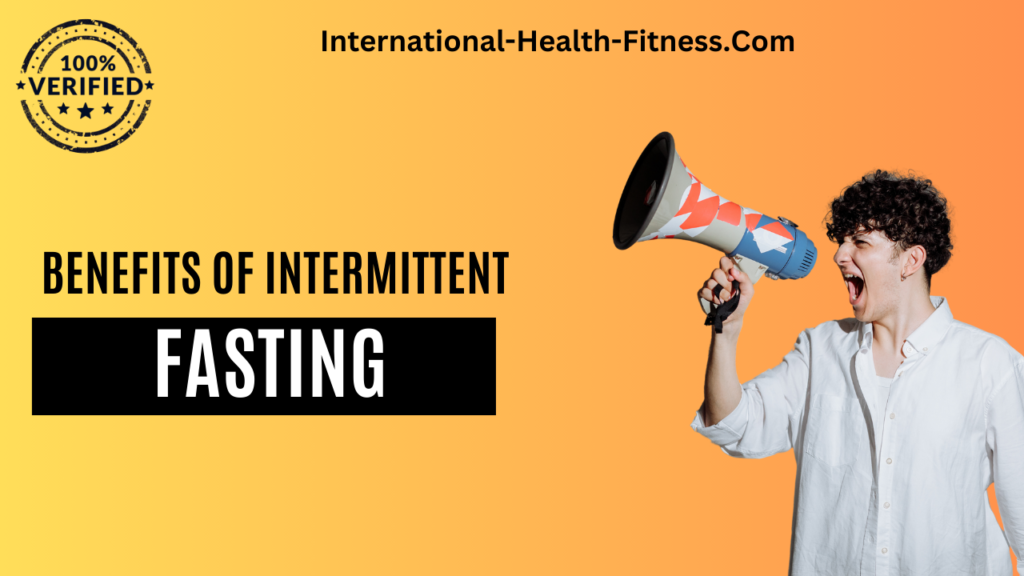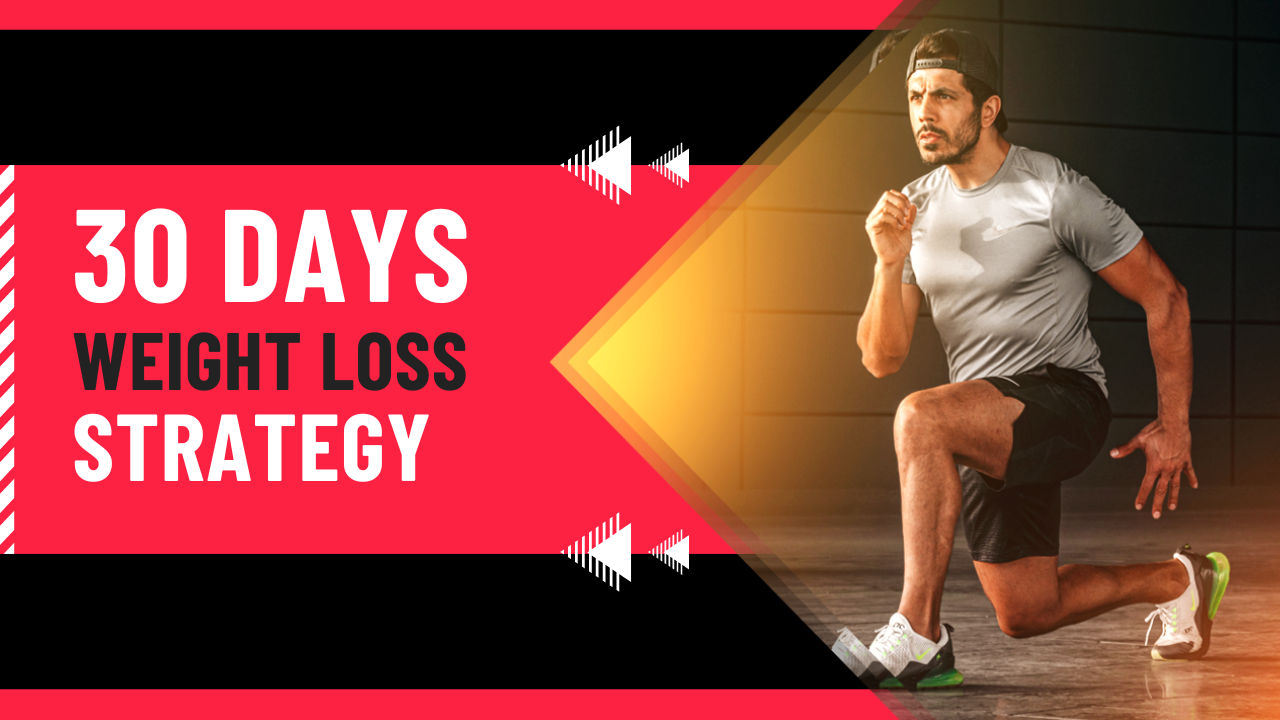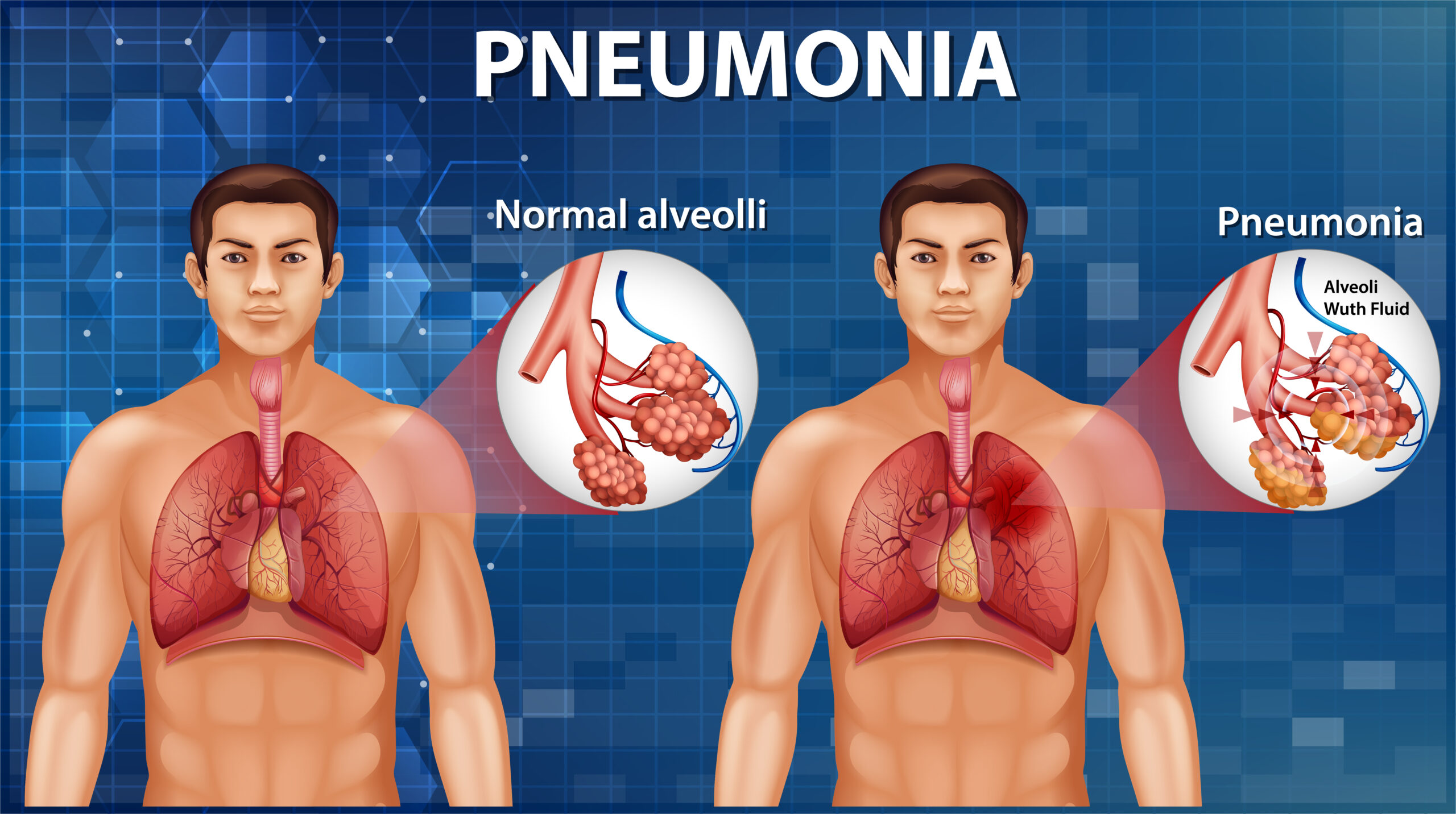Intermittent fasting (IF) has rapidly gained popularity as a weight loss strategy, but is it sustainable in the long term? This article explores the science behind intermittent fasting, its benefits, potential challenges, and tips for making it a sustainable part of your lifestyle.
Table of Contents
What Is Intermittent Fasting?

Intermittent fasting is a kind of eating that alternates between ages of eating and dieting. Unlike traditional diets, which concentrate on what to eat, intermittent fasting focuses when to eat. Common styles include
1-Method Eat during eight of the sixteen hours after a sixteen- hour fast.
2-According to the 52 Diet, you should eat typically the other three days and only take 500 – 600 calories a day for the first two days.
3- Eat- Stop- Eat Requires one or two 24- hour fasts every week.
How Does Intermittent Fasting Promote Weight Loss?
Intermittent fasting helps with weight loss by reducing calorie input and adding metabolic rate. When you gormandize, your body exhausts its sugar stores and starts burning fat for energy. This process, called ketosis, can lead to significant fat loss over time.
also, intermittent fasting may help regulate hormones like insulin and mortal growth hormone( HGH), which play pivotal places in metabolism and fat burning. Lower insulin situations promote fat burning, while increased HGH situations help save muscle mass during weight loss.
Benefits of Intermittent Fasting:

1-Weight Loss and Fat Reduction:
Intermittent fasting can lead to weight loss without the need for strict calorie counting. By naturally reducing the eating window, numerous people consume smaller calories, leading to weight loss.
2- Bettered Metabolic Health:
IF may ameliorate insulin perceptivity, reduce inflammation, and lower the threat of type 2 diabetes. It also encourages the body to burn fat more efficiently, contributing to better metabolic health.
3- Simplified Eating Routine:
With smaller refections to plan, intermittent fasting can simplify your diurnal routine, making it easier to stick to a healthy eating plan.
4- Enhanced Brain Function:
Fasting may ameliorate brain function and cover against neurodegenerative conditions. Studies suggest that intermittent fasting may boost the product of brain- deduced neurotrophic factor( BDNF), a protein linked to cognitive enhancement and a lower threat of Alzheimer’s complaint.
5-Life and Aging:
Some beast studies suggest that intermittent fasting may extend lifetime and decelerate the aging process by promoting autophagy, a cellular form process that removes damaged cells.
Challenges of Intermittent Fasting:

While intermittent fasting has numerous benefits, it may not be suitable for everyone. Some common challenges include.
1- Hunger and jones:
Fasting ages can lead to violent hunger and jones especially for newcomers. This can make it delicate to cleave to the fasting schedule.
2- Energy situations:
Some individualities may witness low energy situations, perversity, or difficulty concentrating during fasting ages. This can affect productivity and diurnal conditioning.
3- Social Interference:
Intermittent fasting can be grueling to maintain in social situations that revolve around food, similar as family feasts, leaves, or social gatherings.
4-gluttony During Eating Windows:
There’s a threat of gorging or choosing unhealthy foods during eating ages, which can negate the benefits of fasting.
Is Intermittent Fasting Sustainable?
The sustainability of intermittent fasting depends on individual preferences, life, and pretensions. Then are some tips to make intermittent fasting a sustainable weight loss strategy
1- Start sluggishly:
Gradationally increase fasting ages to allow your body to acclimate. Begin with a 12- hour fast and sluggishly extend it to 14 or 16 hours.
2- Choose a Suitable system:
elect an intermittent fasting system that fits your lifestyle.However, consider the 52 system or the Eat- Stop- Eat approach, If you find diurnal fasting delicate.
3- Stay Doused:
Drink plenitude of water during fasting ages to stay doused and reduce hunger. Herbal teas and black coffee are also respectable.
4- Focus on Nutrient-thick Foods:
During eating windows, prioritize whole, nutrient- thick foods that give essential vitamins and minerals. Avoid reused foods and sticky snacks that can spike insulin situations.
5-Hear to Your Body:
Pay attention to how your body responds to intermittent fasting.However, consider conforming your fasting schedule or consulting a healthcare professional, If you feel exorbitantly fatigued or bad.
6- Combine with Exercise:
Incorporate regular physical exertion into your routine to enhance weight loss and ameliorate overall health. Resistance training and aerobic exercises are particularly effective when paired with intermittent fasting.
The Power of a Balanced Diet: How to Eat Your Way to Better Health.
In today’s fast-paced world, maintaining a healthy lifestyle may be challenging. With so many processed meals available and a hectic schedule, it’s easy to neglect the need of good nutrition. Read More Please Click This Link.
Frequently Asked Question:
What can I drink during intermittent fasting?
Can I exercise while intermittent fasting?
Will intermittent fasting slow down
my metabolism?
. Can I take supplements while
fasting?
Conclusion:
Intermittent fasting can be a sustainable weight loss strategy if approached mindfully. By choosing the right system, harkening to your body, and fastening on nutrient-rich foods, you can enjoy the benefits of intermittent fasting while maintaining a balanced and healthy life. still, it’s important to fete that intermittent fasting may not be suitable for everyone. Always consult with a healthcare provider before starting any new diet or fasting authority, especially if you have underpinning health conditions.







The article explained almost everything about weight loss strategies!
Thanks for such an amazing article
Great point about focusing on nutrient rich foods during eating windows. Thanks for the comprehensive guide and tips for success.
Thanks
It’s really one of the best article.